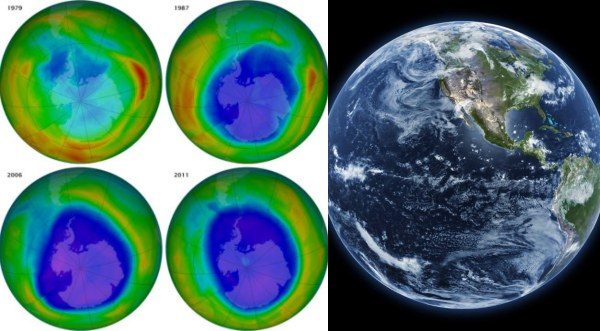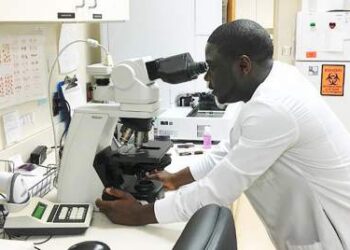A new UN report from a study which is released every four years to monitor the recovery of Ozone in the stratosphere, has revealed that the Ozone layer is healing.
The study, ‘Scientific Assessment of Ozone Depletion: 2018’, which is the latest in a series of reports, shows that the concentration of ozone-depleting substances continues to decrease, leading to an improvement in the layer since the previous assessment carried out in 2014.
The findings which has been hailed as a demonstration of what global agreements can achieve, and an inspiration for more ambitious climate action to halt a catastrophic rise in world temperatures, stemmed from an internationally agreed actions carried out under the historic Montreal Protocol, which came into being over 30 years ago.
The Protocol was in response to the revelation that chlorofluorocarbons (CFCs) and other ozone-depleting substances – used in aerosols, cooling and refrigeration systems, and many other items – were tearing a hole in the ozone layer and allowing dangerous ultraviolet radiation to flood through.
Ozone is a layer that protects life on Earth from harmful layers of ultraviolet rays from the sun. Ozone in parts of the stratosphere has recovered at a rate of one to three per cent since 2000 and, at projected rates, Northern Hemisphere and mid-latitude ozone is scheduled to heal completely by the 2030s, followed by the Southern Hemisphere in the 2050s and polar regions by 2060.
















![National Population Commission (NPC) Recruitment 2023 [Apply Now]](https://illuminaija.com/wp-content/uploads/2023/03/Beware-of-Fake-Census-Ad-hoc-Recruitment-Link-350x250.jpeg)

